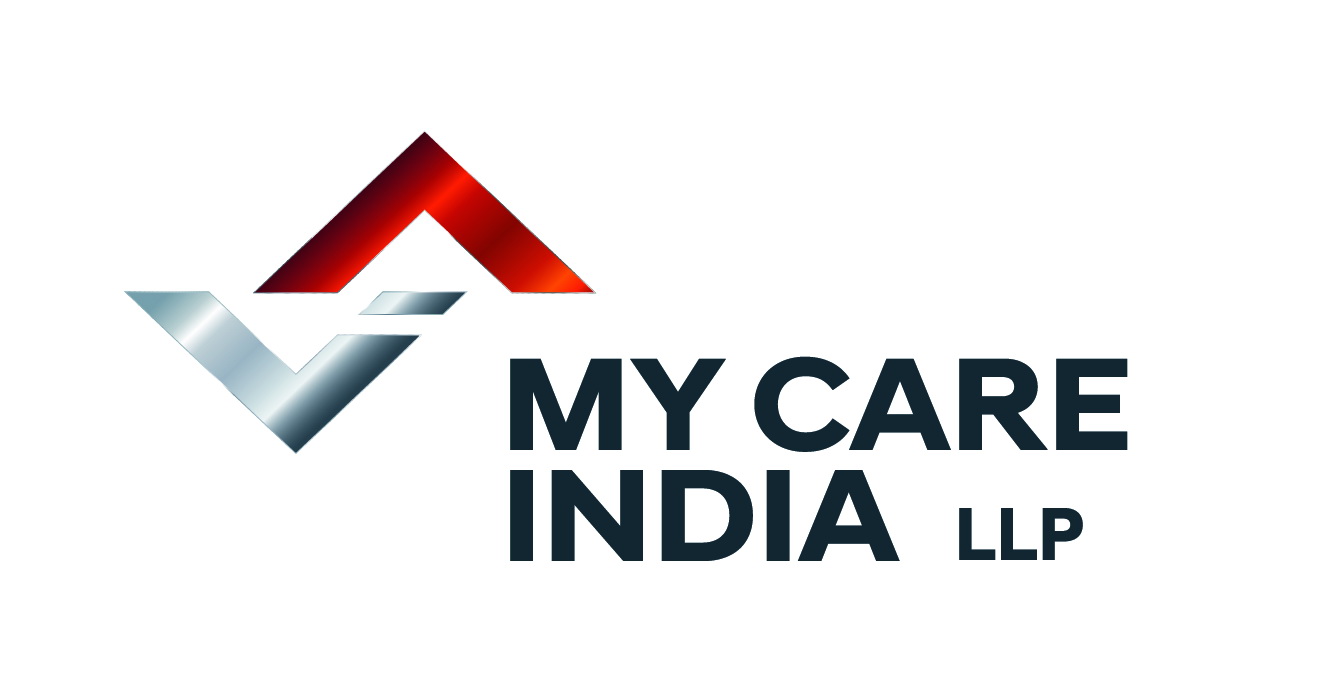.jpg)
Internal medicine's specialty of cardiology is dedicated to treating cardiac conditions. Congenital heart defects, electrophysiology, coronary artery disease, heart failure, and valvular heart disease are the issues it addresses regarding diagnosis and therapy. Cardiology has several specialties, including nuclear cardiology, cardiac electrophysiology, echocardiography, and interventional cardiology.
Cardiac electrophysiology, interventional cardiology, nuclear cardiology, and echocardiography, are all specialized fields of the discipline of cardiology.
.jpg)
Top 10 Cardiology Hospitals in India
There are many hospitals in India from which the top 10 cardiology hospitals in India are IBS Hospital, Medanta Hospital, Manipal Hospital, CK Birla Hospital, Fortis Healthcare Hospital, Akash Hospital, Max Super Speciality Hospital, Max Super Speciality Hospital, Gleneagles Global Health City Hospital, Jaypee Hospital.
Cardiovascular System
The coronary circulation, or fundamental operation of the cardiovascular system, refers to how the heart consumes oxygen and nutrients in the blood. Coronary arteries and coronary veins make up the circulatory system.
Cardiology is a branch of medicine that deals with and studies a variety of circulatory system problems. Acute coronary syndrome, which includes a wide spectrum of myocardial infarction symptoms, is one of them. Other prevalent diseases include angina pectoris, atherosclerosis, coronary heart disease, and restenosis.
Other prevalent diseases include coronary heart disease, atherosclerosis, angina pectoris, and restenosis.
Top 10 cardiology doctors in India
For the best cardiology services, one needs the best cardiologists. The top 10 cardiology doctors in India are Dr. Viveka Kumar, Dr. KR Balakrishnan, Dr. T. S. KLer, Dr. Yugal Kishore Mishra, Dr. Rajnish Sardana, Dr. Z.S Meharwal, Dr. Bhaba Nanda Das, Dr. Rajeev Kumar Rajput, Dr. Tapan Ghose, Dr. Anil Bhan.
Cardiologists
Cardiologists are those who specialize in cardiology. Cardiologists employ a variety of techniques to treat including stenting, percutaneous transluminal angioplasty, percutaneous coronary treatment, coronary artery bypass surgery, and cardiovascular disorders.
Using blood testing, cardiac stress tests, echocardiography, electrocardiography, computed tomography, and magnetic resonance imaging methods, cardiologists can also identify cardiovascular problems. More than 10 years of internal medicine and specialized programs are needed to complete the training to become a cardiologist.
Types of cardiologists
The field of cardiology encompasses a wide range of specializations. The most typical categories of cardiologists are shown below.
- General cardiologist: A physician in charge of adult cardiovascular care.
- Congenital cardiologist: a medical professional who treats young or prenatal cardiac problems.
- Heart failure cardiologist: A medical professional having specialized expertise in treating heart failure patients.
- Cardiac interventionist: A medical professional who performs non-surgical repairs on the heart's arteries, veins, and other structures.
- Electrophysiologist: A doctor who specializes in the heart’s electrical system and treats irregular heart rhythms.
- Cardiovascular surgeon: A skilled surgeon with experience operating on the chest and heart.
Choosing a cardiologist frequently begins with an initial care physician. Your doctor could order tests to screen for heart illness if you go to the clinic with specific symptoms or if you have relatives with a history of the condition.
Cardiology treatment cost 2023 is based on the type of surgery, in addition to the surgeon's experience and credentials. Whether utilizing your health coverage or paying out of pocket. The medical evaluation of the victim and the scope of the necessary operation.





